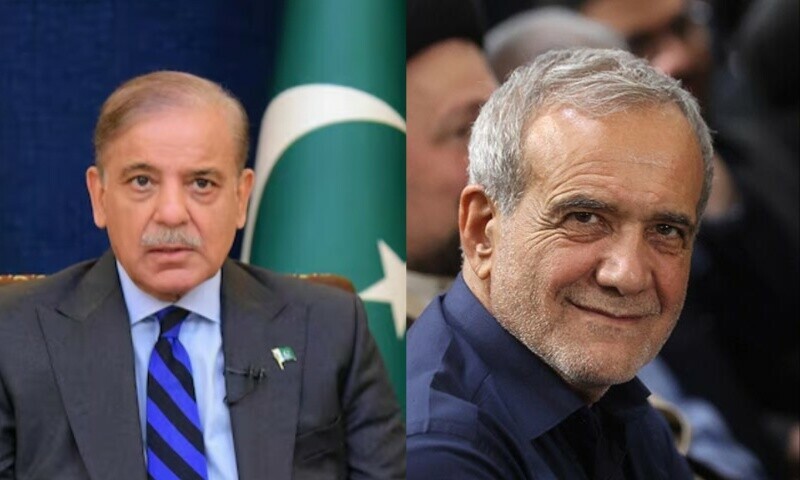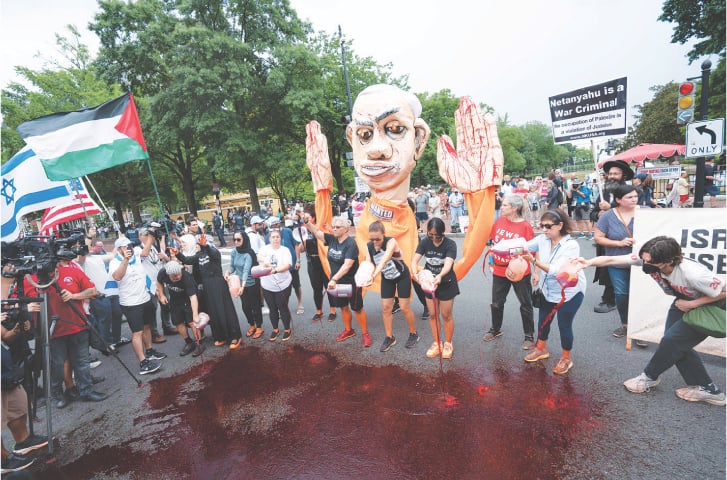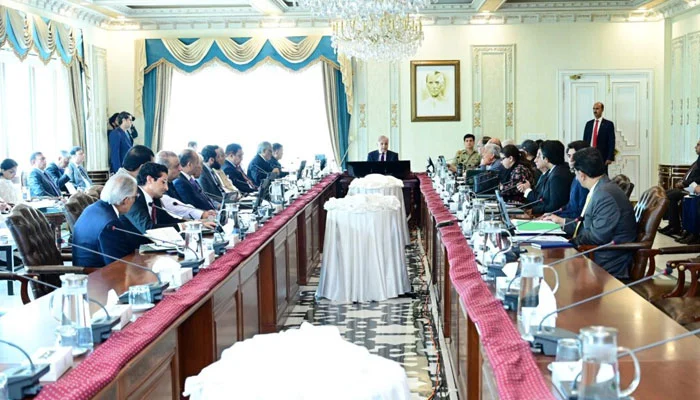
Campaigners failed in an initial legal bid to halt the removals to the east African country, but have confirmed they will take the case to the Court of Appeal on Monday.
Under the policy, some of those entering the UK illegally will be flown to Rwanda to apply for asylum there.
About 31 people have been told they may be on the first flight.
There will be a full judicial review, where the High Court will hear a challenge to the policy as a whole, before the end of July, it heard.
In his decision, the judge Mr Justice Swift accepted there was a “material public interest” in Home Secretary Priti Patel being able to carry out her policies.
Ms Patel praised his judgement and said the government would go ahead with its plans, while Prime Minister Boris Johnson described the ruling as “welcome news”.
However, campaigners who brought the case expressed concern for the welfare of people set to be “forcibly deported”.
It comes as the Times newspaper reports the Prince of Wales has been privately critical of the government’s policy – quoting a source saying he thinks the approach is “appalling”.
Prince Charles is to represent the Queen in Kigali, the Rwandan capital, at a Commonwealth summit later this month. His office reiterated he remains “politically neutral”.
The government hopes the scheme will discourage asylum seekers from crossing the English Channel, by making it clear many cases will now be dealt with by Rwanda.
More than 10,000 people have made the dangerous sea journey so far this year.
While their application is considered by Rwanda those affected will be given accommodation and support and, if successful, will be able to remain there with up to five years’ access to education and support.
Those who fail in their asylum bids in Rwanda will be offered the chance to apply for visas under other immigration routes if they wish to remain in the country, but could still face deportation.
Campaigners had sought to block the flight from leaving, as well as individual people being placed on it.
The case was brought by lawyers representing asylum seekers set to be deported, alongside the Public and Commercial Services union (PCS) – which represents more than 80% of UK Border Force staff – and migration charities Care4Calais and Detention Action.
Their lawyers raised concerns about shortcomings in the Rwanda asylum system and the possibility that people could be sent on to countries where they would be persecuted – a process known as refoulement.
Home Office lawyers had told the court the plan must not be stopped by legal challenges because it was in the public interest, and also urged the judge to reject challenges on behalf of individual asylum seekers.
At the hearing, the UN’s refugee body, the UNHCR, also intervened to distance itself from the policy amid claims the Home Office has misrepresented its position on the scheme.
Lawyers for the UNHCR also said it had warned the Home Office twice that its arrangement with Rwanda was unlawful.
‘Not conspicuously strong’
In his judgement, Mr Justice Swift ruled against a temporary block on the deportation flights before the full hearing on the policy in July.
He said he did not consider there was any evidence there would be “ill-treatment, refoulement” or anything that violated their rights under article three of the UK’s Human Rights Act.
Article three protects people from torture, inhuman or degrading treatment or punishment, and deportation or extradition to a country where there is a real risk they will face torture or inhuman or degrading treatment.
Mr Justice Swift said part of the case to block the initial flights focused on the argument that Ms Patel’s “decision to treat Rwanda as a safe country is either irrational or based on insufficient investigation”.
He said this argument, along with other parts of the case, would be heard with evidence at the full judicial review – to be held across two days before the end of July.
But Mr Justice Swift noted that, while the campaigners had enough evidence for a review, their claim was “not conspicuously strong”.
He also denied interim relief to two people who face removal on Tuesday, one from Syria and another from Iraq, who are still set to be on the plane to Rwanda.
“I accept that the fact of removal to Rwanda will be onerous,” he added.
However, the judge granted the campaigners and migrants the right to appeal against his decision and said the Court of Appeal would be able to hear their case on Monday.
Following the judgement, Ms Patel said the government would “continue to deliver on progressing” the plan.
She said: “People will continue to try and prevent their relocation through legal challenges and last-minute claims, but we will not be deterred in breaking the deadly people smuggling trade and ultimately saving lives.
“Rwanda is a safe country and has previously been recognised for providing a safe haven for refugees – we will continue preparations for the first flight to Rwanda, alongside the range of other measures intended to reduce small boat crossings.”
Mr Johnson tweeted: “We cannot allow people traffickers to put lives at risk and our world leading partnership will help break the business model of these ruthless criminals.”
James Wilson, deputy director of campaign group Detention Action, said it was disappointed, but added there were “some positives” from the case – noting that six of the eight original claimants had their removal orders withdrawn by the Home Office in advance of the judgement.
Clare Moseley, founder of Care4Calais, said the charity was “deeply concerned for the welfare of people who may be forcibly deported to Rwanda, a fate that could profoundly harm their mental health and future”.
The PCS union has called for urgent talks with Ms Patel to discuss the removal policy following the ruling.






